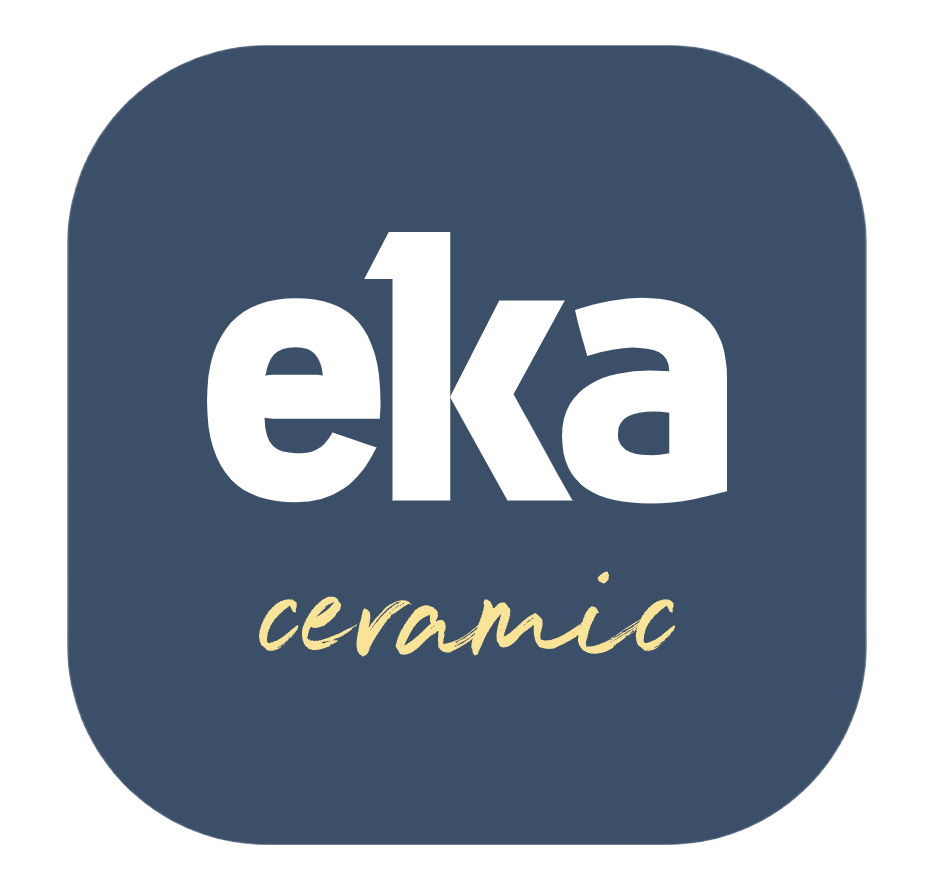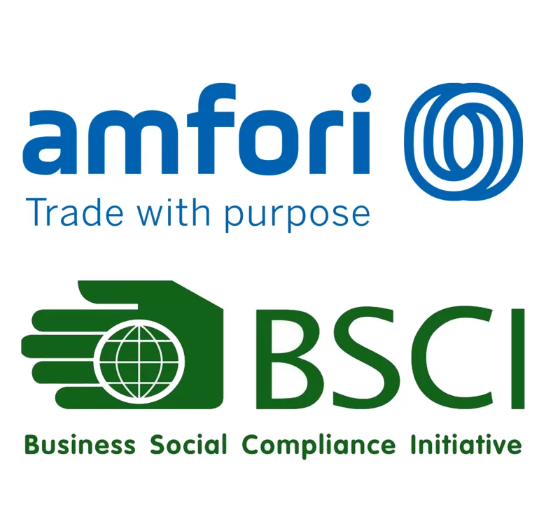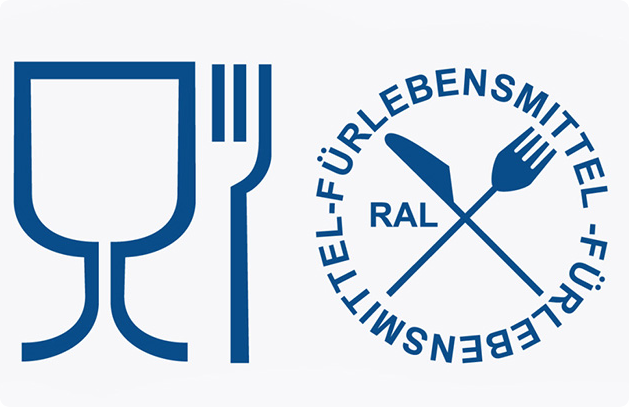In today’s global market, businesses, particularly in the ceramic industry, rely heavily on suppliers to meet high-quality standards and production expectations. Supplier audits play a crucial role in ensuring that factories maintain consistent quality, comply with international standards, and meet the expectations of diverse markets. As global trade expands, understanding the specific audit requirements for different regions is essential for maintaining strong supplier relationships and meeting regulatory demands. In this article, we will explore the significance of supplier audits, how to conduct factory audits, and specific audit requirements from different regions, including China, the U.S., Europe, Japan, the Middle East, India, Latin America, and Australia.
1. The Importance of Supplier Audits
Supplier audits are critical in verifying whether a factory adheres to the agreed-upon specifications for quality, safety, and sustainability. These audits are vital for identifying potential risks and ensuring that the supplier is capable of fulfilling orders at a high standard. By conducting thorough audits, businesses can:
- Ensure Quality Control: Confirm that the supplier maintains consistent product quality through various testing and inspection methods.
- Mitigate Risks: Identify and address potential risks, including financial, operational, and reputational risks, before they impact business operations.
- Foster Long-term Relationships: Establish trust and collaboration between the supplier and the buyer by ensuring the supplier meets or exceeds expectations.
- Adhere to Regulatory Standards: Comply with international, national, and industry-specific regulations and certifications required by different regions.
2. How to Audit a Factory
When auditing a factory, companies must evaluate several critical factors, including the facility’s quality management processes, past product reports, environmental standards, and social responsibility compliance. Here are some common steps to follow when auditing a factory:
Factory Certifications
- SGS: SGS is a global leader in inspection, verification, testing, and certification. It is widely recognized for its quality, environmental, and social compliance audits, making it a common certification for factories in various industries, including ceramics.
- BSCI: The Business Social Compliance Initiative (BSCI) is a widely accepted audit standard, especially for factories involved in high-volume production. It ensures that factories meet international labor and social standards, covering aspects like working hours, wages, and working conditions.
- SEDEX: The Supplier Ethical Data Exchange (SEDEX) is another widely recognized social responsibility certification, focusing on ethical trade practices, workers’ rights, and environmental sustainability.
Product Reports
- FDA (U.S.): Ceramic products, especially those used in food contact, must comply with U.S. FDA regulations. Factories producing ceramics like plates, bowls, and mugs should provide product reports confirming compliance with FDA standards to ensure they are free of harmful substances like lead and cadmium.
- LFGB (Europe): The LFGB certification in Europe ensures that ceramic products used for food are safe and meet European regulations. Factories exporting to Europe must provide testing results for products that comply with LFGB standards.
Quality Control Processes
Ensure the factory has a robust quality control (QC) process in place. This includes in-process inspections, testing procedures for raw materials, finished goods inspection, and a clear defect management system. It is vital that the factory adheres to a system such as ISO 9001, a standard for quality management systems, which ensures that products meet customer requirements consistently.
Environmental Compliance
Factories must meet local and international environmental standards. ISO 14001 is a globally recognized environmental management system certification that ensures factories manage waste, energy, and emissions effectively.
3. Regional Supplier Audit Requirements
Different regions have specific requirements when it comes to factory audits. Understanding these differences is crucial for suppliers to gain access to new markets and maintain their competitiveness.
China
In China, factory audits often focus on:
- Quality Certifications: ISO 9001 certification is commonly required for ensuring consistent product quality. Factories producing ceramics for international markets should also comply with ISO 14001 for environmental management.
- Social Responsibility: Increasingly, international buyers expect factories in China to comply with social responsibility standards such as BSCI or SA8000. These certifications ensure that workers are treated ethically, with proper working conditions and fair wages.
United States
In the U.S., factories producing ceramics for food use must meet strict FDA regulations to ensure that ceramic products like dinnerware and cups do not contain harmful substances. Additional standards include:
- Environmental Standards: Factories are required to comply with the Clean Air Act and other local environmental laws to ensure they minimize pollution and waste.
- Social Responsibility: Suppliers must meet ethical trade standards, including certifications like BSCI, SEDEX, and SA8000.
Europe
European countries enforce some of the most stringent regulations regarding ceramic products, including:
- CE Marking: Required for certain products, particularly those used in food contact. This ensures the products meet EU safety, health, and environmental protection standards.
- REACH: Factories must ensure that their products comply with REACH (Registration, Evaluation, Authorization, and Restriction of Chemicals) regulations, which restrict the use of hazardous substances.
- BSCI and SEDEX: These are increasingly demanded for social compliance, ensuring the factory adheres to ethical labor practices.
Japan
Japan has strict quality standards, especially for ceramics used in food-related products. The key audit requirements include:
- JIS (Japanese Industrial Standards): Ceramics for food use must comply with JIS standards for safety and quality.
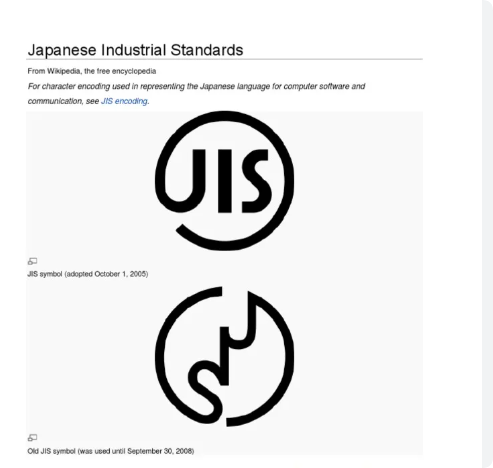
- Environmental Standards: Factories must comply with local environmental laws, including waste management and emissions controls.
Middle East
Middle Eastern buyers prioritize quality and social responsibility audits. Key requirements include:
- GSO Certification: Products must meet the Gulf Standardization Organization (GSO) requirements, particularly in the food safety and environmental standards.
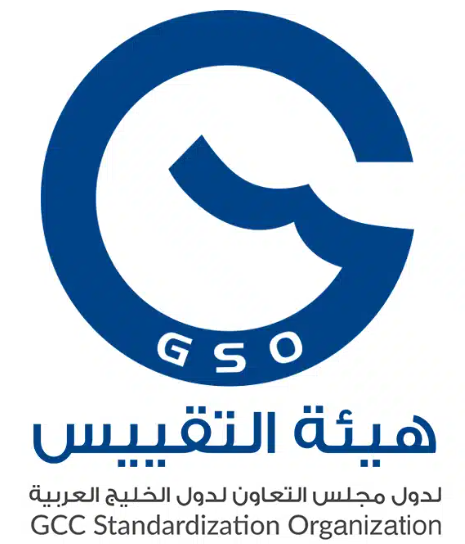
- BSCI and SEDEX: These certifications are required for labor rights and ethical trading practices.
- Religious Considerations: In some Middle Eastern countries, products may need to adhere to Islamic principles, including using halal materials and avoiding certain substances.
India
In India, audits focus on:
- ISO Certifications: Suppliers must have ISO 9001 (quality) and ISO 14001 (environmental) certifications.
- Social Responsibility: Increasingly, international buyers require BSCI or SA8000 certifications.
- Product Quality and Safety: Factories producing food contact ceramics must comply with the Indian FSSAI (Food Safety and Standards Authority of India) regulations.
Latin America (Brazil, Argentina, etc.)
The main focus of audits in Latin America includes:
- ISO Certifications: ISO 9001 and ISO 14001 are commonly required for both quality management and environmental practices.
- Social Responsibility: BSCI and SEDEX certifications are critical for ensuring that factories meet international labor standards.
- Environmental Standards: Factories must comply with local environmental regulations and ensure waste management and pollution control.
Australia
Australia’s audit requirements focus on:
- Product Safety: Ceramic products must meet Australian Standards for product safety, particularly for items used in food contact.
- Environmental Compliance: Factories must comply with local environmental laws, including waste management and emissions.
- Social Responsibility: As in Europe and the U.S., BSCI and SEDEX certifications are essential for ensuring ethical labor practices.
4. Actions for Buyers
For buyers, conducting supplier audits involves more than just reviewing certifications. It’s important to:
- Evaluate Supplier Performance: Regularly assess the supplier’s performance through metrics such as delivery times, product quality, and responsiveness. A performance evaluation report or Key Performance Indicator (KPI) scorecard can be helpful.
- Establish Long-term Relationships: Building strong, long-term relationships with suppliers who maintain high standards is crucial. Regular audits can ensure that both parties continue to meet agreed-upon standards.
- Engage in Continuous Improvement: Work with suppliers to continuously improve quality, safety, and sustainability practices, ensuring that both parties benefit in the long term.
Conclusion
Supplier audits are indispensable in ensuring that ceramic products meet the necessary quality, safety, and environmental standards for various markets. By understanding the specific audit requirements of different regions, businesses can enhance their global supply chain operations, minimize risks, and foster long-term relationships with suppliers. Regular audits, backed by relevant certifications, not only ensure compliance but also demonstrate a commitment to quality, sustainability, and social responsibility—key values that resonate across global markets.
